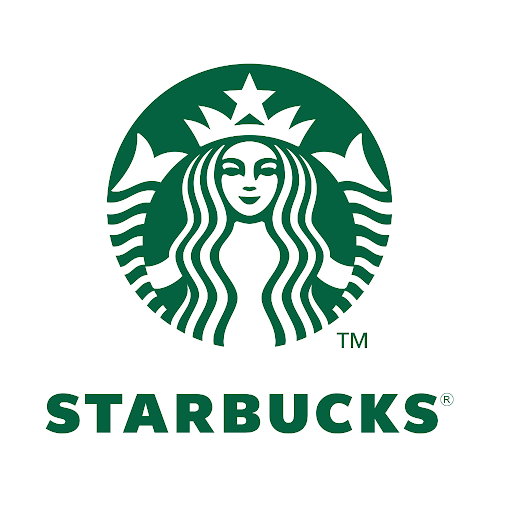Starbucks Faces Unprecedented Stock Slide, Losing $11 Billion in Market Value In a startling turn of events, Starbucks Corporation finds itself grappling with a substantial erosion of its market value, shedding approximately $11 billion, marking a significant 9.4% decline in its total worth. The company’s shares have undergone a tumultuous descent, plummeting by 8.96% over a mere 19 calendar days, a trend triggered by a combination of factors contributing to the coffee giant’s woes.
The primary catalyst for this financial downturn can be attributed to reports of decelerating sales and a tepid response to Starbucks’ holiday offerings. These revelations have triggered concerns among investors and analysts, leading to a widespread sell-off and contributing to the unprecedented decline in market capitalization.
Adding fuel to the fire are brewing controversies related to geopolitical issues, which have prompted a series of consumer boycotts against Starbucks. One such issue involves a tweet expressing solidarity with Palestinians, a move that has sparked discontent among certain segments of Starbucks’ customer base. The repercussions of such geopolitical entanglements have manifested in tangible financial losses, posing potential challenges for the company’s trajectory in the foreseeable future.
A noteworthy aspect of this downturn is the persistent decline in Starbucks stocks over 12 consecutive stock market sessions, marking the longest streak since the company went public in 1992. Currently hovering around $95.80 per share, this extended decline underscores the severity and sustained nature of the challenges facing Starbucks in the market.
The erosion in market value and the prolonged decline in stock prices have prompted industry observers to scrutinize Starbucks’ strategic response and recovery plan. Analysts are closely monitoring the company’s initiatives to address the issues contributing to this downturn, including devising strategies to reinvigorate sales, reevaluate holiday offerings, and navigate the delicate terrain of geopolitical sensitivities.
Starbucks’ leadership is likely to face increased pressure to communicate a comprehensive plan to assuage investor concerns and restore confidence in the brand. As the coffee giant grapples with the aftermath of this substantial market devaluation, the coming weeks and months will undoubtedly prove pivotal in determining the trajectory of Starbucks’ recovery and its ability to regain lost ground in the fiercely competitive market.
In conclusion, Starbucks Corporation’s recent financial challenges, marked by a staggering $11 billion loss in market value, exemplify the complex interplay of economic, strategic, and geopolitical factors shaping the fortunes of global corporations. The company’s response to these challenges and its capacity to adapt to evolving market dynamics will undoubtedly be closely scrutinized by stakeholders and industry observers alike.
Last Updated on Thursday, December 7, 2023 7:23 am by Admin



